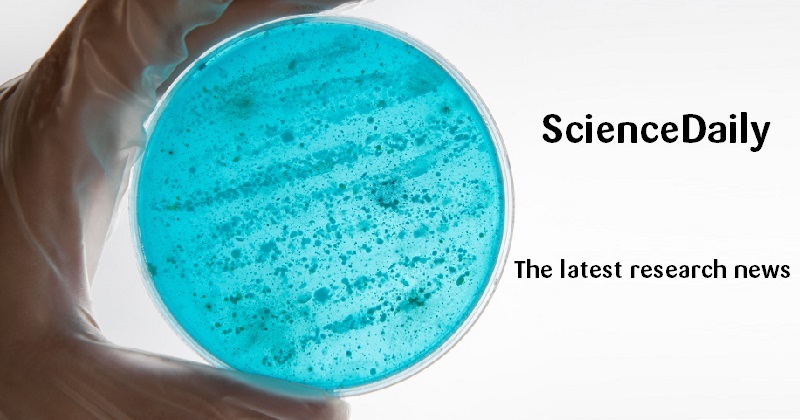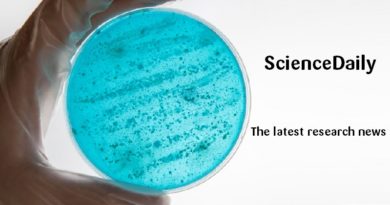Dietary supplements
- Scientists have developed a new molecule that breaks down beta-amyloid plaques by binding to excess copper in the brain. The treatment restored memory and reduced inflammation in rats, while also proving non-toxic and able to cross the blood–brain barrier. Because it’s far simpler and potentially cheaper than existing drugs, researchers are now pursuing partnerships to […]
- Scientists discovered that alcohol activates a sugar-producing pathway in the body, creating fructose that may reinforce addictive drinking. The enzyme responsible, KHK, appears to drive both alcohol cravings and liver injury. When this enzyme was blocked in mice, their drinking decreased and their livers showed far less damage.
- Scientists are turning venom, radioisotopes, engineered proteins, and AI into powerful new tools against cancer. From Amazonian scorpions yielding molecules that kill breast cancer cells as effectively as chemotherapy, to improved fibrin sealants and custom-grown bioactive factors, researchers are pushing biotechnology into uncharted territory. Parallel teams are advancing radiotheranostics that diagnose and destroy tumors with […]
- By reactivating a long-lost gene, researchers were able to lower uric acid levels and stop damaging fat accumulation in human liver models. The breakthrough hints at a future where gout and several metabolic diseases could be prevented at the genetic level.
- Scientists studying aging found that sensory inputs like touch and smell can cancel out the lifespan-boosting effects of dietary restriction by suppressing the key longevity gene fmo-2. When overactivated, the gene makes worms oddly indifferent to danger and food, suggesting trade-offs between lifespan and behavior. The work highlights how deeply intertwined the brain, metabolism, and […]
- Researchers have discovered that prostate cancer depends on two key enzymes, PDIA1 and PDIA5, to survive and resist therapy. When blocked, these enzymes cause the androgen receptor to collapse, killing cancer cells and enhancing the effects of drugs like enzalutamide. They also disrupt the cancer’s energy system, striking it on multiple fronts. This breakthrough could […]
- Intermountain Health researchers discovered that customizing vitamin D3 doses for heart attack survivors slashed their risk of another heart attack by 50%. The strategy involved frequent monitoring and dose adjustments to reach ideal vitamin D levels. Traditional studies didn’t track blood levels, missing this critical link.
- Rockefeller scientists uncovered how hair follicle stem cells can switch from growing hair to repairing skin when nutrients run low. The key lies in serine, an amino acid that activates a stress signal telling cells to conserve energy. When both injury and low serine occur, stem cells fully pivot to skin repair. The discovery could […]


